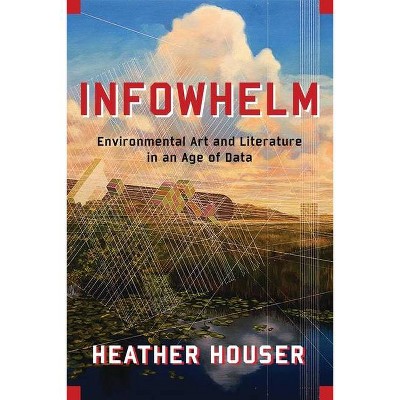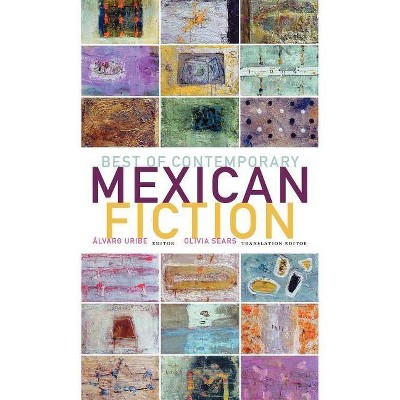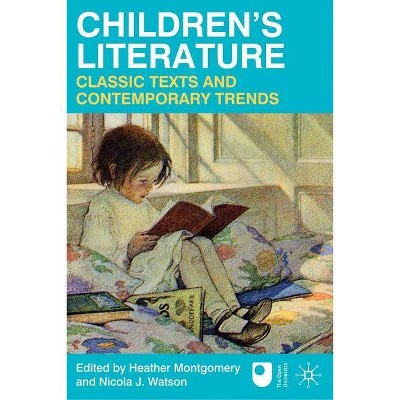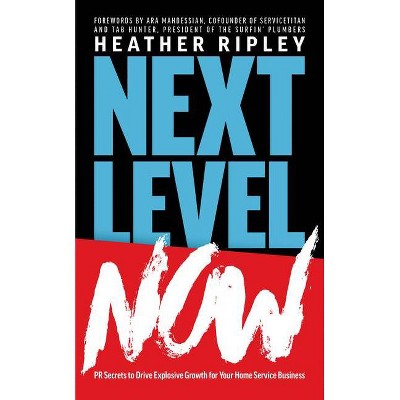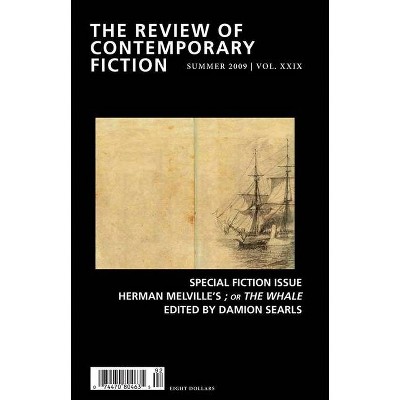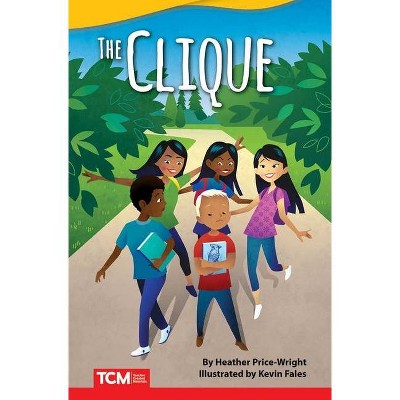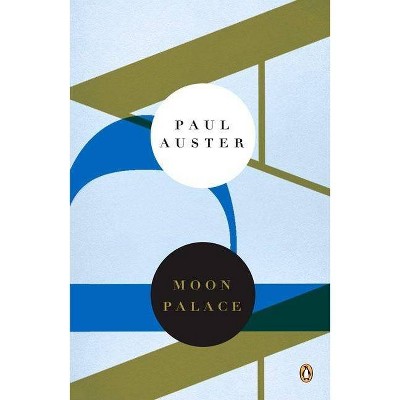Ecosickness in Contemporary U.S. Fiction - (Literature Now) by Heather Houser (Paperback)
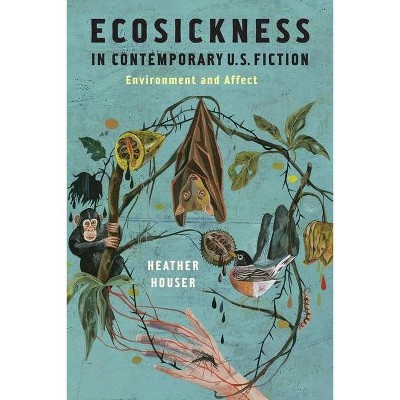
Similar Products
Products of same category from the store
AllProduct info
<p/><br></br><p><b> About the Book </b></p></br></br>Heather Houser traces the development of ecosickness, which links ecological and bodily injury, through a compelling archive of contemporary U.S. novels and memoirs, <i>Ecosickness in Contemporary U.S. Fiction</i> shows how narrative affects such as wonder and disgust organize perception of an endangered world and orient us ethically toward it.<p/><br></br><p><b> Book Synopsis </b></p></br></br>The 1970s brought a new understanding of the biological and intellectual impact of environmental crises on human beings. As efforts to prevent ecological and bodily injury aligned, a new literature of sickness emerged. "Ecosickness fiction" imaginatively rethinks the link between these forms of threat and the sick body to bring readers to environmental consciousness. <p/>Tracing the development of ecosickness through a compelling archive of contemporary U.S. novels and memoirs, <i>Ecosickness in Contemporary U.S. Fiction</i> establishes that we cannot comprehend environmental and medical dilemmas through data alone and must call on the sometimes surprising emotions that literary metaphors, tropes, and narratives deploy. In chapters on David Foster Wallace, Richard Powers, Leslie Marmon Silko, Marge Piercy, Jan Zita Grover, and David Wojnarowicz, Heather Houser shows how narrative affects such as wonder and disgust organize perception of an endangered world and orient us ethically toward it. <p/>The study builds the connective tissue between contemporary literature, ecocriticism, affect studies, and the medical humanities. It also positions ecosickness fiction relative to emergent forms of environmentalism and technoscientific innovations such as regenerative medicine and alternative ecosystems. Houser models an approach to contemporary fiction as a laboratory for affective changes that spark or squelch ethical projects.<p/><br></br><p><b> Review Quotes </b></p></br></br><br>Houser engages with affect theory to push the boundaries of material ecocriticism in an innovative and necessary direction... she insightfully complicates the role of "writer-activist" and asks her audience to consider critically what shape this activism might take and what its future might entail.--Interdisciplinary Studies in Literature and the Environment<br><br>In its analytical poise and sharp close readings, <i>Ecosickness in Contemporary US Fiction </i>itself is a valuable addition to affect studies and ecocriticism.--49th Parallel<br><br>This well-researched argument draws on psychology, sociology, cognitive science, and other disciplines to illuminate the contributions artists make in conversations--typically dominated by scientists, environmentalists, and politicians--about environmental policy, and aims to encourage and enrich those conversations.--CHOICE<br><br>The 'ecosickness' that Heather Houser explores offers yet another example of the dangers of humanity's efforts to 'master' nature. The novels and memoirs she studies demonstrate the intricate connections between somatic and ecological damage. Yet it is the literary critical argument that most distinguishes this work. Houser elegantly shows how these novels and memoirs produce narratives with unpredictable affects and how that unpredictability in turn generates an ethics that, she argues, might lead to new ways of addressing ecological damage. This timely book is crucial not only for its ecocritical insights, but for its depiction of the importance of humanistic inquiry to planetary ethics.--Priscilla Wald, Duke University, author of <i>Contagious: Cultures, Carriers, and the Outbreak Narrative</i><br><br>This sophisticated reconnaissance of an impressive range of turn-of-the-twenty-first-century works both adroitly builds upon and convincingly takes issue with the new 'materialist' ecocriticism by offering a subtly compelling assessment of the place of affect in works of environmental imagination and environmental intervention generally. Not contemporary U.S. fiction specialists alone, but ecocritics in all bailiwicks are sure to profit from Heather Houser's insights.--Lawrence Buell, Harvard University<br><p/><br></br><p><b> About the Author </b></p></br></br>Heather Houser is associate professor of English at the University of Texas at Austin.
Price History
Price Archive shows prices from various stores, lets you see history and find the cheapest. There is no actual sale on the website. For all support, inquiry and suggestion messages communication@pricearchive.us
